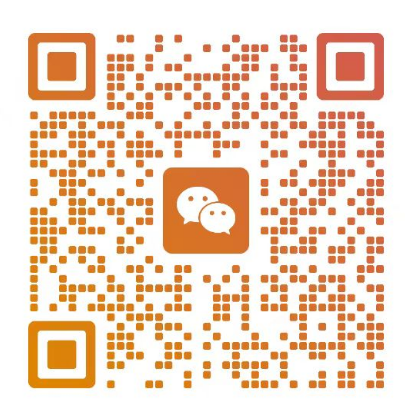Personal Income Tax Incentives for Foreign Professionals in China
As China continues to deepen its opening-up, an increasing number of foreign nationals are coming to work and live in the country. To attract global talent, China has introduced a series of personal income tax (PIT) preferential policies for expats, allowing eligible individuals to enjoy tax exemptions on specific expenses such as housing subsidies and children’s education fees.
Seven Tax-Exempt Categories: Up to 30% Tax Reduction
Under the Individual Income Tax Law of the People’s Republic of China and relevant regulations from the State Taxation Administration, the following seven types of subsidies and expenses are exempt from PIT for foreign employees working in China:
| Category | Description |
|---|---|
| Housing Subsidy | Reasonable rental costs (typically not exceeding 30% of salary). |
| Meal Subsidy | Daily allowances or reimbursements for meal expenses. |
| Laundry Fee | Cleaning fees paid by the employer within specified limits. |
| Business Trip Allowance | Travel expenses (domestic and international) meeting official standards. |
| Home Leave Expenses | Economy class airfare for up to 2 round trips per year. |
| Children’s Education | Tuition fees for basic education (kindergarten to high school). |
| Language Training | Costs for work-related language courses (e.g., Chinese). |
Example: A foreign executive earning ¥50,000/month could save up to ¥4,500 in monthly PIT by leveraging housing subsidies and other tax exemptions, according to a tax director at a multinational corporation.
Strict Regulatory Oversight: Avoid These Pitfalls
Recent tax audits highlight common risks in expat tax exemptions:
Case 1: A foreign employee used personal consumption invoices to reimburse "laundry fees," resulting in back taxes and penalties.
Case 2: A company failed to distinguish taxable income from tax-exempt income, increasing the overall tax burden.
Case 3: Home leave expenses exceeding the allowed frequency or standards were adjusted by tax authorities.
For more details or personalized advice, please contact us or visit the local tax authority’s official website
